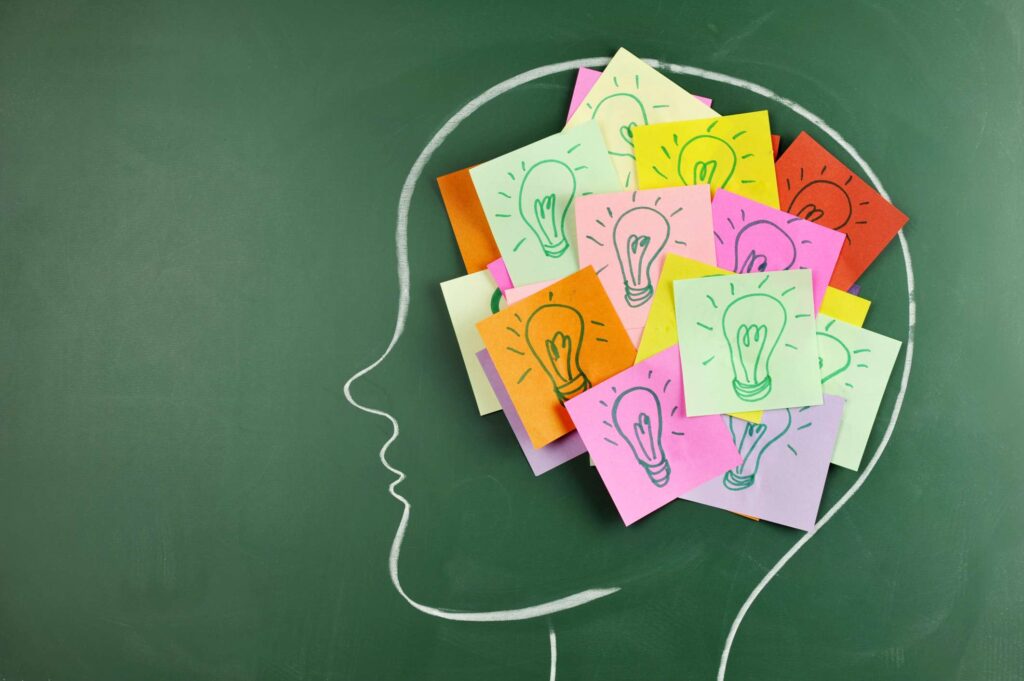
How Learning a Language Helps Self-Improvement and Personal Development
Why do people learn foreign languages?
Most likely, the first reason that pops into your head is the possibility of getting a better job or advancing in your career. But it’s not the only benefit you can get from language learning.
Back in 2014, The Guardian surveyed young people aged 14-24 to find out why they chose to study one more language. Aside from better job prospects, their answers included:
- Talking to other people – 40%
- Learning about another culture – 33%
- Learning a practical skill – 32%
- An incentive to travel – 32%
- A sense of achievement – 23%
The last reason is quite surprising – can learning a foreign language make you feel more accomplished? Does it have a role not just in professional but in personal development as well?
Let’s attempt to answer these questions and take a look at how foreign language learning helps self-improvement.

1. You Become Better at Problem-Solving
Language learning and problem-solving are interconnected. Mastering a foreign language is impossible if you don’t know how to find a creative solution without ready-to-use answers.
Research shows that the foreign language instruction process is also not possible without forming a problem-solving skill first. This skill brings forward the following advantages:
- Students get better at recognizing cause-and-effect relationships.
- Problem-solving makes it easy for students to overcome challenges in communication.
- The chances are lower that a student will experience a language barrier.
The research also confirms that problem-solving skills in language learning also transfer to real life. It means that this skill becomes a part of your nature and can benefit in other areas of life connected to self-improvement.

2. Your Memory Improves
Personal development involves the formation of new skills, for which you need a good memory. But what do you need to do to memorize things better?
Last year’s study investigated and proved the connection between learning a second and third language and memory quality. Reportedly, after learning foreign languages for nine months, all study participants confirmed their working memory had improved.
Why does it work this way?
Learning a foreign language implies getting to know something new every day. When you learn new things, it strengthens the connections between neurons, responsible for better memory. That’s why foreign language learning can be a great exercise to prevent dementia and Alzheimer’s.

3. You Learn More Systematically
Self-improvement and continuous learning depend on each other. But the way you approach learning also impacts how far you will advance in personal development.
For example, mastering French makes the learning process more systematic. The thing is that you have to learn French step-by-step and you can always get qualified support at Preply. Otherwise, you won’t be able to apply your knowledge.
With time, as you advance in foreign language learning, you will notice that you’re applying the systematic approach to every new thing you get to know. This way, your learning process becomes more structured and brings more benefits.

4. Your Self-Confidence Gets Better
Most beginner-level learners, when trying to speak a foreign language, become stressed and bewildered. It happens because they haven’t formed self-confidence in speaking a foreign language yet.
What is the role of self-confidence in language learning?
Research has shown that this quality is crucial if you want to achieve significant progress in studying a foreign language. In particular, one study has proven that the higher self-confidence is, the better speaking skills become.
Potentially, if you develop self-confidence in the course of learning a language, it will transfer to other areas of your life, much like problem-solving. Confidence is essential in successful self-improvement and personal development and acts as a motivation booster.
Of course, a lot depends on your tutor and how well they can personalize your language learning program to cater to your needs. Look for someone who will challenge you. A challenge enables active learning, helping you gain practical knowledge and self-confidence as a result.

Over to You
As you can see, learning a language indeed impacts self-improvement and personal development. But getting this benefit out of language learning is easier said than done.
Why?
It’s tough to achieve consistency with learning a foreign language. And you will not see the positive impact of language learning on personal development if you’re not dedicating enough time to this activity.
At the end of the day, it all depends on you. Learning a foreign language will bring you a myriad of self-improvement benefits if you commit to it. So, get into a consistent mindset if you want language learning to help self-improvement and personal development.